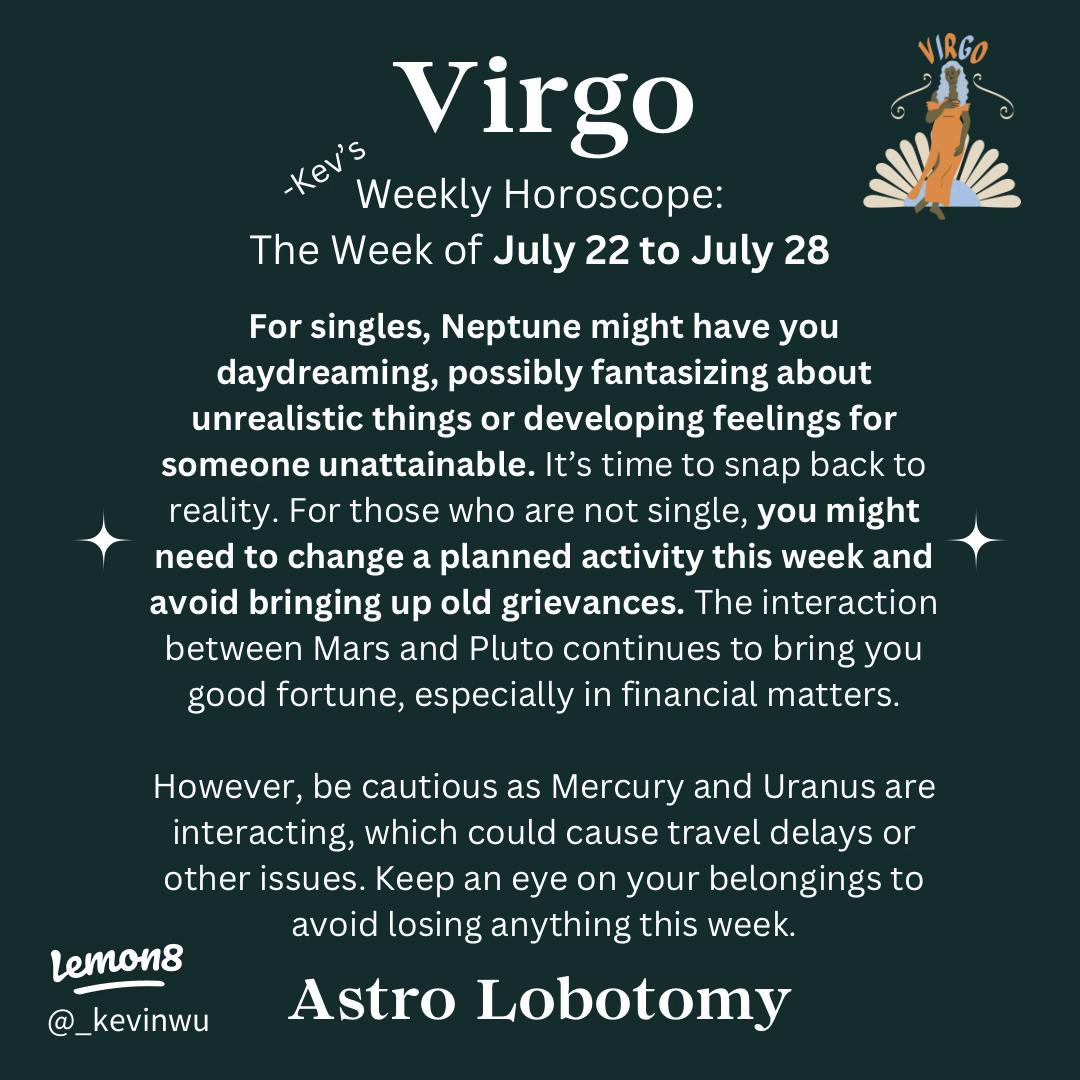The Year I Got Totally Obsessed with Star Charts
I swear, I never thought I’d be the type to sit around worrying about planetary alignments or whether Mercury was retrograde. I’m a practical guy, always have been. If you can’t measure it, it’s probably total hogwash. But life throws curveballs, right? Last year, things got weird.
I had wrapped up this big consulting gig, and my next major project kept getting delayed. They kept saying, “Two more weeks,” then “Hold on, maybe next month.” I was suddenly stuck in limbo, professionally idle, but still mentally keyed up. I needed a goal, something to occupy the space between coffee and staring blankly at the wall. My spouse, who is a huge fan of checking her weekly forecast—she’s a Cancer, bless her soul—kept bugging me about my own sign, Virgo. She’d read me these vague predictions, and I would just shrug them off. But after the third week of zero work and too much worrying, I decided to turn it into an actual experiment.
If I was going to be forced to listen to this stuff, I was going to prove how useless it was, scientifically. So, I embarked on a 52-week data tracking project. A full year. Fifty-two weeks of collecting Virgo horoscopes and comparing them rigorously against my actual life events. Trust me, it was tedious, but it kept me from driving everyone around me absolutely nuts.

Building the System and Collecting the Data
The first thing I did was establish my sources. I identified five major online astrology sites. Not the obscure ones, but the popular ones that everyone sees when they search. I created a massive spreadsheet—yeah, I know, I use a spreadsheet for everything—and sectioned it off by week, source, and four core life areas: Finance, Career/Projects, Relationships, and Health/Travel. I wanted a clean comparison.
The process was simple but rigid. Every Sunday evening, before the week officially kicked off, I opened the five sites, copied the text for the Virgo weekly forecast, and pasted it into the appropriate cells. I highlighted key actionable phrases: “A financial windfall is imminent,” “Avoid confrontation with loved ones,” “A short journey will be necessary.”
Then, during the week, I kept a separate log. I recorded every single notable event. Did I get a check? Did I have an argument? Did I take the car in for an unexpected repair? No detail was too small. This log was the ground truth.
The following Sunday, before I started gathering the new week’s data, I went through the previous week’s predictions and assigned scores. This was the most subjective part, and I had to be tough on myself. A prediction only earned a full point (1.0) if the event described was clear, specific, and actually happened. If it was vague—like “You will encounter challenges”—and I had a flat tire, I gave it a 0.5 (a loose fit). Anything about “cosmic energy shifting” was an automatic zero.
The Big Reveal: Sorting Through 52 Weeks of Cosmic Noise
After a full year, the sheer volume of data was overwhelming. I calculated the total accuracy across all sources. Want the punchline? The average overall accuracy was abysmal. Across all five sites and four categories, they only hit about 21% of the time. Most of the hits were so general they could apply to anyone. Predictions about relationships were the worst; they were consistently vague and often contradictory across the different sites.
But here is where it got interesting. I started digging into the outliers. I sorted the data by site to see if any specific prognosticator was doing better than the rest. Four of the sites were uniformly terrible, hovering between 15% and 25% accuracy. They were basically flipping coins. However, one specific site—the one that looked the cheapest, with the most annoying pop-up ads—kept getting one specific category right, week after week. It was weirdly reliable.
It wasn’t about love or money, which you’d think would be the focus. It was travel.
- “A vehicle breakdown could disrupt planned movement.” -> I had to call AAA that week when my car died 10 miles from home.
- “Be wary of delays related to air travel this week.” -> My sister’s flight got canceled the next day, forcing me to rearrange my schedule to pick her up from a different airport two days later.
- “A necessary short trip will consume your energy.” -> I had to drive six hours round trip to sign some papers, totally out of the blue, and I was exhausted.
It was never “You will meet a tall, dark stranger.” It was always about mundane logistical disruptions related to movement. I reviewed the specific language this site used for these warnings, and they were always sharper than their predictions in other categories.
What I Took Away From This Whole Mess
Did this year of obsessive tracking turn me into a believer in the power of the stars? Nah. What it showed me is that even if 80% of what you read is nonsense, there might be a highly specific pattern hiding in the noise. I think maybe these sites hire different writers for different categories, and one of them, the one who does the travel segment for this cheesy site, is either strangely intuitive or maybe just incredibly lucky.
I stopped collecting the data meticulously once my actual work started back up, because let’s face it, I don’t have that kind of time anymore. But now? Every Sunday, I still check that one specific site. I scan for the travel prediction. If it says there’s going to be a snag, I double-check the oil in the car and make sure my road trip snacks are non-perishable. It’s not science, but after tracking it for a year, it feels like cheap insurance. I mean, what’s the harm in being ready for traffic chaos if some random internet star chart told you to be wary?







